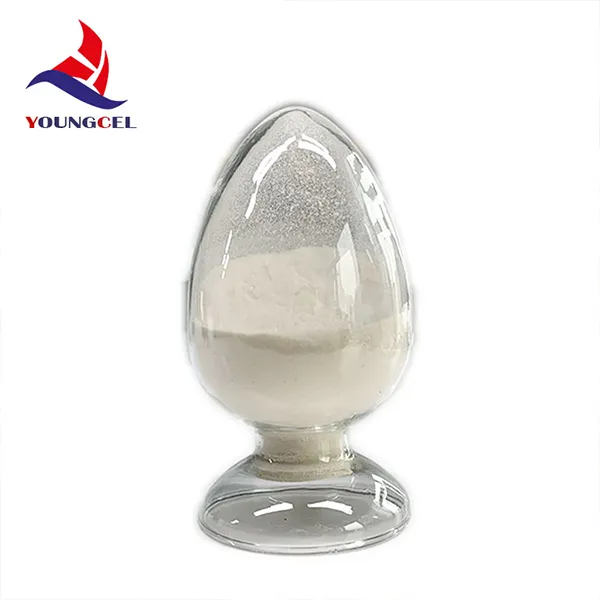Understanding Adhesive Chemicals Types, Applications, and Benefits
Adhesive chemicals play a crucial role in various industries, from manufacturing to construction, and even in our daily lives. These substances are designed to bind two or more surfaces together, providing strength and stability in numerous applications. As technology advances, the types of adhesive chemicals have diversified, bringing forth new innovations that enhance functionality and efficiency.
Types of Adhesive Chemicals
Adhesives can be broadly classified into several categories based on their chemical composition
1. Natural Adhesives These are derived from organic sources, such as animal collagen or plant resins. Examples include rabbit skin glue and starch-based adhesives. Natural adhesives are often biodegradable and environmentally friendly, making them suitable for applications in crafts and woodworking.
2. Synthetic Adhesives These are formulated through chemical processes and include epoxy, polyurethane, and acrylic adhesives. Synthetic adhesives offer strong bonding capabilities and can withstand harsh environmental conditions. They are widely used in industries such as automotive, aerospace, and construction.
3. Reactive Adhesives This category includes adhesives that cure through chemical reactions. For instance, epoxy adhesives require a hardener to achieve optimal bonding strength. Reactive adhesives are favored for their durability and are often used in demanding applications where long-lasting adhesion is essential.
4. Pressure-Sensitive Adhesives (PSAs) These adhesives bond when pressure is applied, without the need for heat or solvents. Commonly found in tape products and labels, PSAs provide convenience and ease of use in various consumer products.
Applications of Adhesive Chemicals
The versatility of adhesive chemicals allows for their use across multiple sectors
- Manufacturing In the production of goods, adhesive chemicals are often used to assemble parts, from electronic devices to furniture. They offer an efficient alternative to traditional fastening methods such as screws and nails.
adhesive chemical

- Construction Adhesives are increasingly popular in construction for bonding materials like concrete, wood, and metal. They improve the structural integrity of buildings and allow for more flexible designs.
- Automotive Industry Adhesives are essential in automotive manufacturing for attaching components such as windshields, interior trims, and body parts. They help reduce weight and increase fuel efficiency by eliminating the need for heavy fasteners.
- Medical Applications In the medical field, adhesive chemicals are used in wound dressings, surgical procedures, and implant devices. Biocompatible adhesives ensure that they are safe for use in direct contact with human tissues.
Benefits of Using Adhesive Chemicals
Utilizing adhesive chemicals presents numerous advantages
1. Strength and Durability Modern adhesives can provide a bond that is often stronger than the materials being joined. This ensures that products are reliable and can withstand various stresses.
2. Flexibility in Design Adhesives allow designers and engineers to create innovative structures without the constraints posed by mechanical fasteners. This flexibility can lead to more efficient and aesthetically pleasing designs.
3. Reduced Weight Adhesives can help reduce the overall weight of products, which is particularly advantageous in industries like aerospace and automotive, where weight savings can significantly impact performance.
4. Cost-Effectiveness While some premium adhesives may have higher upfront costs, the efficiency and longevity they provide can result in lower overall expenses. Additionally, the reduction of materials required through the use of adhesives can lead to savings in production costs.
In conclusion, adhesive chemicals are essential to modern manufacturing and construction processes, enabling innovations and enhancing product performance. As advancements continue in adhesive technology, we can expect to see even more applications and benefits in the future, making adhesive chemicals an integral part of our lives.






